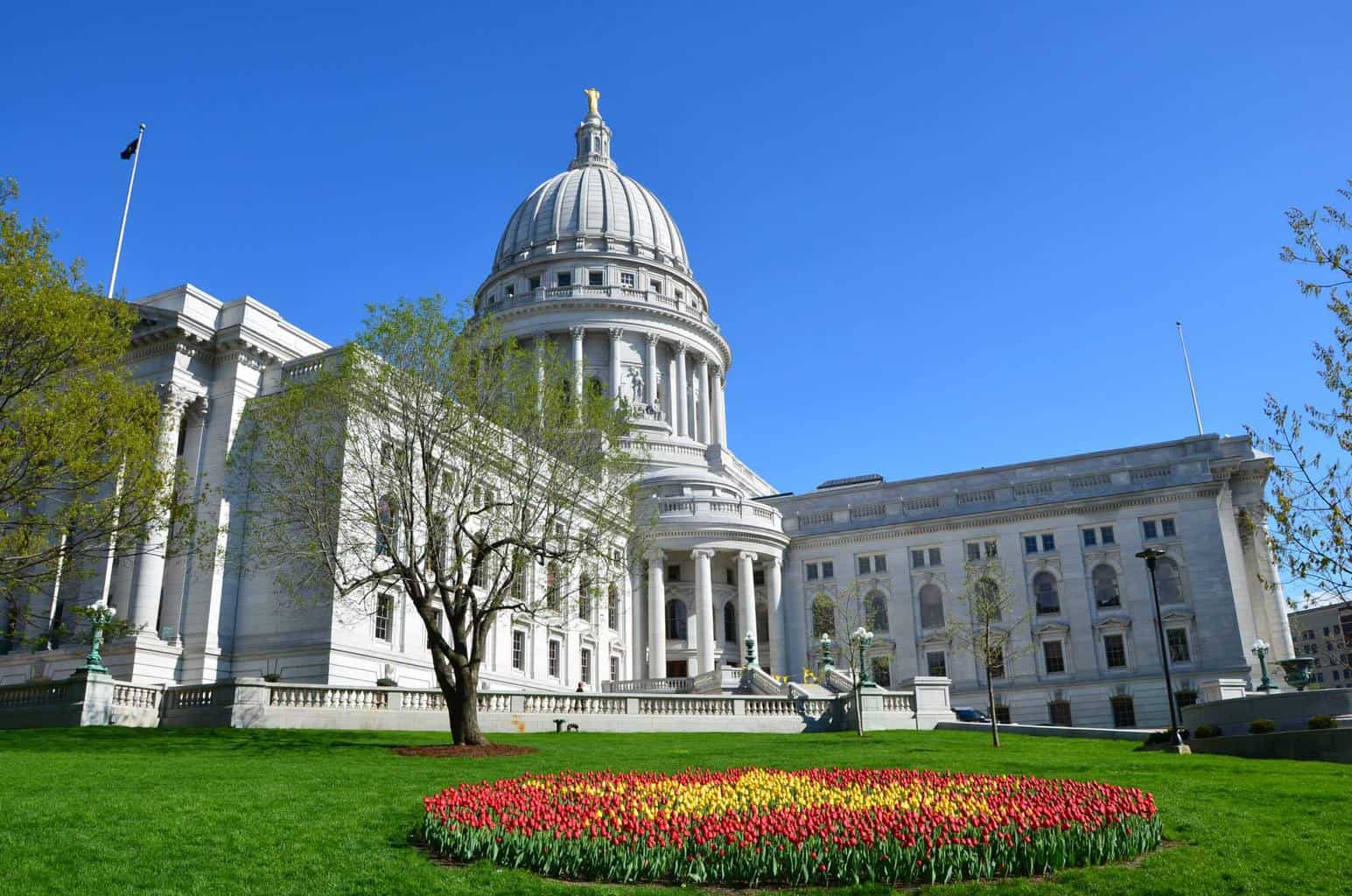
I am not an expert on Africa.
I have only encountered up close about 20 percent of the massive and diverse continent, thus my perspective is limited. However, during the last six years, through living in, visiting and studying various places around the continent, my knowledge and understanding has grown significantly.
Still, one of the few things I can say with confidence is this: I need Africa more than Africa needs me.
If you are anything like me, it’s easy for you to imagine all the ways Africa needs you. Mass media has long painted a dire picture of what life is like on the continent, while the positive side mostly remains hidden.
In a recent interview, Ange Kagame, daughter of Rwanda’s president Paul Kagame, shared her vision for Africa: “I hope in this generation’s lifetime we can … start to be defined more by our successes than the negative images that have become synonymous with Africa (poverty, war, disease et cetera).”
It’s no surprise so many outsiders view Africa as a continent in desperate need.
The ironic thing, though, is once you spend some time in Africa, you will notice a shift in your thinking. Your experiences will broaden your perspective and change some of your perceptions.
If you are planning to live and work in Africa, make no mistake, your gifts are valuable and you will certainly make a contribution if your heart is in the right place. I don’t want to discourage you from going, but rather encourage you to go with an appropriate openness.
Here are just a few reasons you might need Africa more than Africa needs you:
Simplicity
Part of the reason we think some places in Africa need us so much is because of the ways our cultures have shaped us. When you come from a culture of abundance, it’s hard to imagine anyone being OK living a simpler kind of life.
Some Africans also live in abundance, but many do not. Most of the Africans I’ve met have very simple homes, no vehicles, basic cooking “appliances,” limited to no power and minimal technological devices. But they are content. They find fulfillment and joy in being together as a family, working, eating, playing and sharing a cup of tea with friends.
When you witness people living with less stuff and more joy, it does something to you. You will start finding greater pleasure with seemingly less, like eating a mango from a mango tree or resting in its shade on a hot day. You will become aware of how funny goats are, and you might find yourself dreaming of starting a goat farm someday instead of getting that downtown apartment you always wanted.
Community
Not long ago, I was invited to eat dinner with a group of Kenyan teachers who work together at a secondary school in South Sudan. As we sat down at the table, I asked if they get together regularly for meals. The woman said yes, in fact they eat together as often as possible. She said she didn’t understand how Americans could live in a foreign country and spend so much time alone. She said it was like an instinct for her people to find each other and stick together.
Desmond Tutu explained it well when he defined the ancient Southern African philosophy, Ubuntu: “It is to say, ‘My humanity is caught up, is inextricably bound up, in yours.’ We belong in a bundle of life. We say, ‘A person is a person through other persons.’ It is not, ‘I think therefore I am.’ It says rather: ‘I am human because I belong.’”
Macro- and micro-level conflict and violence aside, which can be found anywhere, you will encounter an undeniably strong value on togetherness in most Africans.
Resilience
In Man’s Search for Meaning, holocaust survivor Viktor Frankl wrote, “Everything can be taken from a (hu)man but one thing: the last of the human freedoms – to choose one’s attitude in any given set of circumstances.”
Many of the Africans I’ve meet on my short journey so far understand this truth deeply. They have lived through genocide, civil wars, terrorism, political instability, oppression and various other injustices, and yet their attitudes toward life are surprisingly positive and hopeful.
I chatted with a South Sudanese friend about a month after the war started in December 2013 and asked him how he and his family were coping. He told me they were grieving and continuing to pray and have faith. He said they continued telling stories and jokes. He said, “We keep smiling despite the challenges.”
They chose to keep smiling in the midst of war.
Spirituality
The beauty alone in many African settings—the rich animal and plant life, the breathtaking landscapes and bodies of water, the spectacular sun shows—is enough to grow your appreciation of God’s creation.
I was on retreat in Uganda one October, staying at a small guesthouse with a view of Lake Victoria. The first morning I could, I woke up early to watch the sun rise over the lake. I had no idea there would be so many birds awake and flitting about. Together, we welcomed the rising sun.
Later at breakfast, I told the Ugandan guesthouse manager how much I enjoyed seeing and hearing all the birds that morning. She said, “They can be heard in the morning because they are busy praising God,” and smiled. And then I smiled. Indeed, let everything that has breath praise the Lord (Psalm 150:6).
Celebration
It’s simple: the music, singing and dancing in Africa are unparalleled anywhere else on earth. Spend time in any African context and you will quickly learn how to celebrate well.
Let Africa teach you how to dance. Let her people teach you about simplicity, community, resilience and spirituality. And let her teach you countless other invaluable lessons. You will be grateful.





















